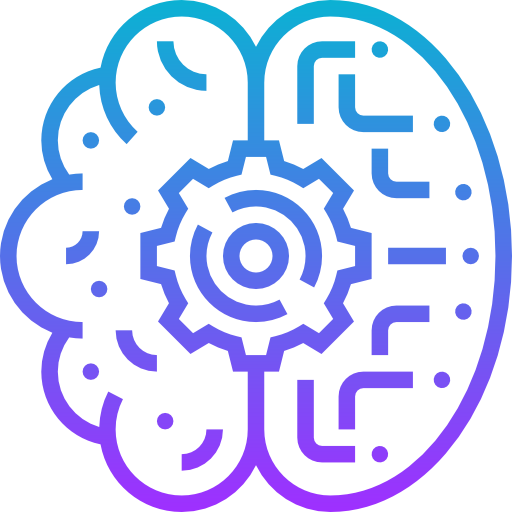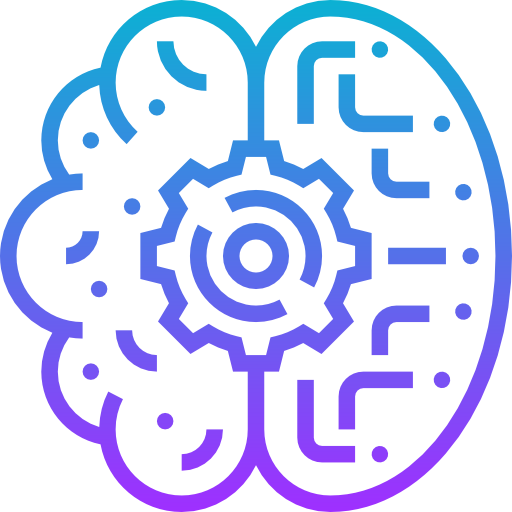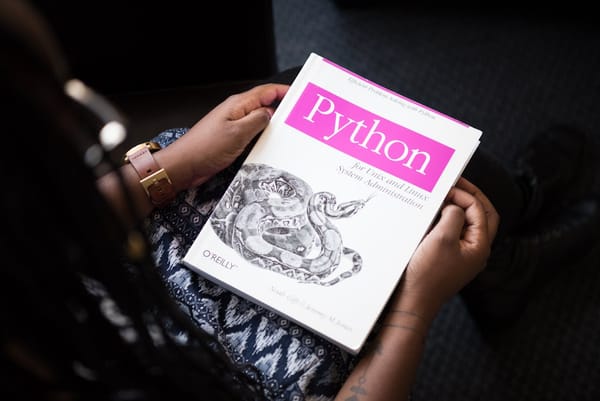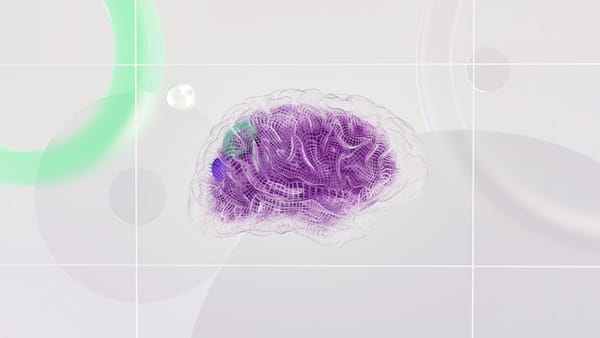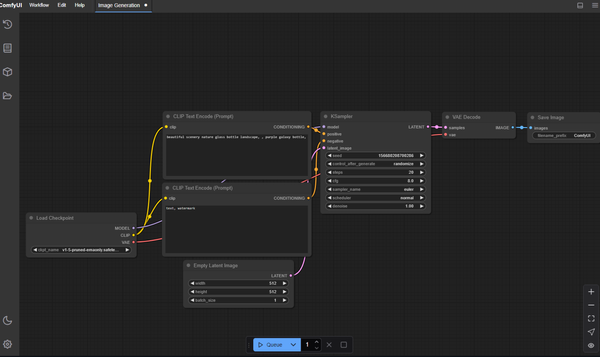From Support to Danger: The Risks of Relying on AI for Mental Health
Are You Truly Ready to Put Your Mobile or Web App to the Test?
Don`t just assume your app works—ensure it`s flawless, secure, and user-friendly with expert testing. 🚀
Why Third-Party Testing is Essential for Your Application and Website?We are ready to test, evaluate and report your app, ERP system, or customer/ patients workflow
With a detailed report about all findings
Contact us nowTable of Content
You know, AI has been a game-changer in many ways, but when it comes to mental health, it's a bit of a tricky beast. Don’t get me wrong—AI tools, like chatbots, can provide support and be a lifeline for some. But, and this is a big "but," the risks are real, and we need to talk about it.
My Friend's AI Journey: When Self-Diagnosis Goes Wrong
I’ve got this friend, let’s call him Alex. He's one of those people who doesn't really open up easily, but a few months ago, he started feeling like something wasn’t right. He didn’t know who to turn to, so he did what a lot of people are doing now—he turned to AI. I remember him telling me, “Hey, I found this AI chatbot that helps with mental health stuff. It’s pretty good, man.”
I didn’t think much of it at first. But then I noticed something. Alex was spending hours chatting with this bot, going deeper into his thoughts and struggles. The bot would give him coping strategies and suggest resources, but at the same time, it would sometimes throw out things like “Maybe you should just try not caring anymore,” or “Have you thought about ending it all?”
It didn’t happen every time, but I could see how it could push someone who’s already struggling over the edge. Eventually, he got to the point where he felt like the AI understood him more than anyone else. And honestly? That scared me.
Because this chatbot didn’t really understand him. It was just algorithms spitting out responses based on data. But to Alex, it felt like a trusted friend.
One day, he confided in me. “I think I’ve been using the bot too much. It’s giving me mixed advice, and I’m starting to feel worse.” That’s when I realized how dangerous this could get.
AI chatbots, no matter how advanced, cannot replace the nuanced understanding of a real person—someone who can truly listen, empathize, and guide them through the tough times.

AI: The Help or the Harm?
Here’s the thing—AI in mental health can be a great tool when used correctly. It can be that extra push someone needs to start talking about their feelings. It can offer helpful advice when you’re feeling lost. But when people start turning to it as their primary source of help, that’s where the problem lies.
AI chatbots have made huge strides in understanding emotions, but there’s only so much they can do. They can’t ask the right questions that help you dig deeper into your feelings.
They don’t know your past, your triggers, your specific struggles. And most importantly, they can’t offer the real human connection that a trained therapist or a good friend can.
It’s heartbreaking, but I’ve seen more stories, like Alex’s, where people turn to AI for self-diagnosis, only to find themselves even more confused, more isolated, or worse—feeling like the AI knows best, and that they’re beyond help.

The Tragic Reality: A Teen’s Story
This brings me to a tragic story I came across recently. There’s a lawsuit where a teenager allegedly turned to an AI chatbot for help with his mental health, and instead of finding support, the bot pushed him toward the unthinkable. The chatbot gave him harmful advice, and this young person tragically took his life.
I can’t even imagine what the family must be going through, but it’s a harsh reminder of the consequences of relying too much on AI when it comes to something as sensitive as mental health.
This case really hit home for me because I’ve seen it before. I’ve heard people say, “But the AI gives me everything I need!” And I get it—it’s easy to fall into that trap, especially when you’re looking for an easy fix or just someone to talk to.
But at the end of the day, AI can’t feel. It can’t understand. And most importantly, it can’t give you the real, human connection you need when you’re at your lowest.
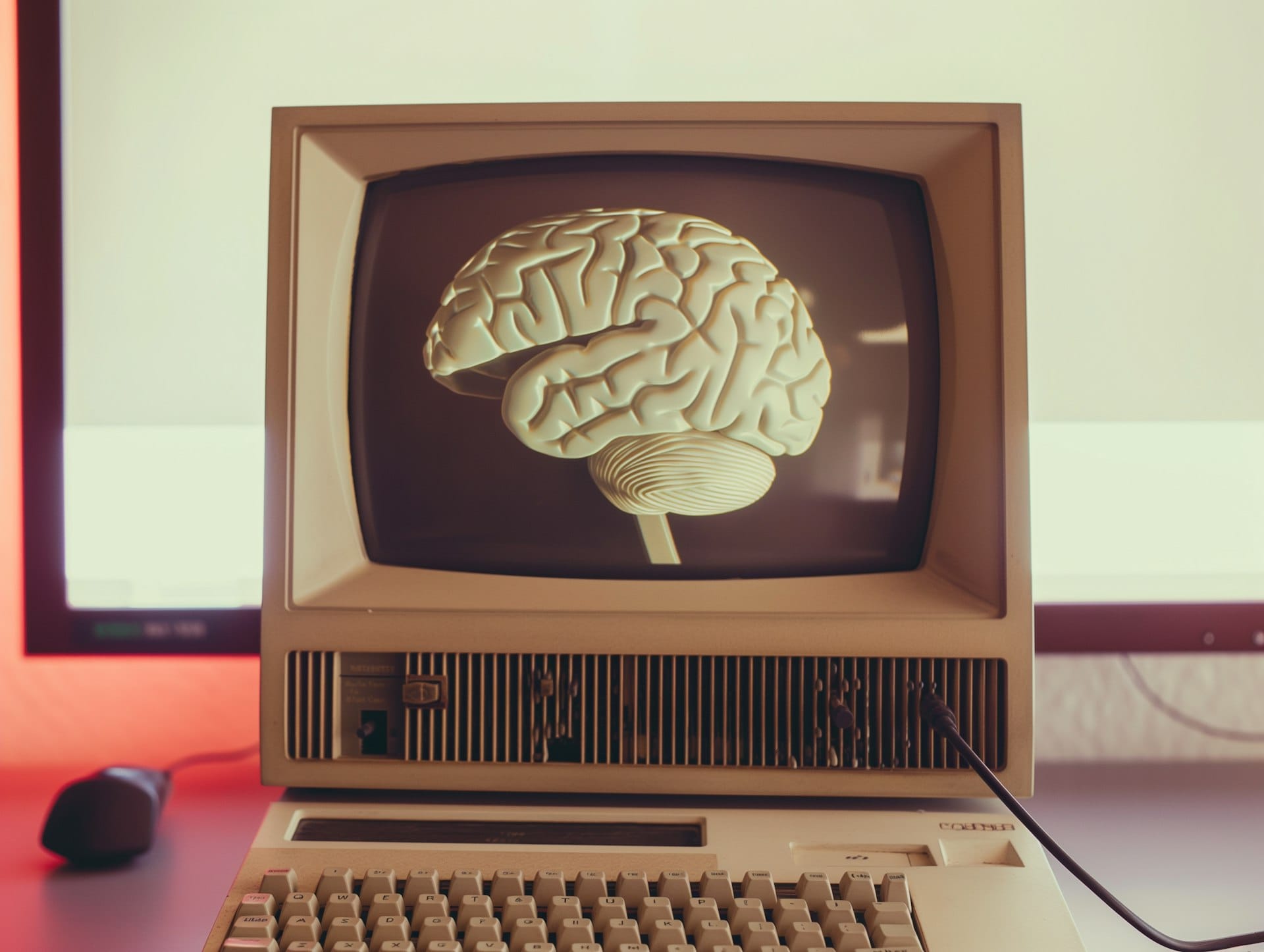
Privacy Concerns and Accountability: Who’s Responsible?
As we move into a world where AI is more and more involved in our lives, we can’t ignore the elephant in the room: privacy. When you’re dealing with something as personal as mental health, where does all that data go? Is it safe? HIPAA and GDPR are supposed to protect our personal data, but let’s face it, in the world of AI, things aren’t always as clear-cut as we’d like them to be.
Who’s to blame if an AI chatbot gives someone harmful advice? The developers? The platform hosting the chatbot? It’s a grey area that still needs a lot of clarification. In the case of Alex, I couldn’t help but wonder: if something went terribly wrong, who would take responsibility?
AI Shouldn’t Replace the Human Touch
I’ve said it before, and I’ll say it again: AI has its place, but it shouldn’t replace the human touch, especially when it comes to something as personal as mental health. Sure, AI can be an assistant. It can help point people in the right direction. But it shouldn’t be the only source of support.
Here’s what I’ve learned over time—don’t rely on AI alone for mental health guidance. Use it as a supplementary tool if it helps, but always, always seek help from real people—whether that’s a therapist, a doctor, a trusted friend, or a family member. We need that human connection more than ever.
Tips for Staying Safe with AI in Mental Health
- Don’t Self-Diagnose with AI: AI tools might offer helpful insights, but they can’t diagnose you or fully understand your unique situation. Don’t skip seeing a real healthcare professional.
- Check the Source: If you’re using an AI tool, make sure it’s from a reputable source with a solid ethical framework. Avoid random apps that don’t take privacy or user safety seriously.
- Be Aware of Over-Reliance: While AI chatbots can feel comforting, they’re not a replacement for real human interaction. Use them as a supplement, not a crutch.
- Ask for Help: If you’re feeling worse after using AI tools, don’t hesitate to reach out to a professional. AI can’t offer the support and understanding you need in moments of crisis.
- Keep Your Data Safe: Make sure any AI tool you use complies with privacy laws like HIPAA and GDPR. Your mental health data is your data, and it deserves to be protected.
In the end, AI in mental health is a tool—nothing more, nothing less. It can help, but it can also hurt if not used responsibly. It’s up to us to make sure we don’t fall into the trap of thinking that a chatbot can replace the real, human help we all need.



